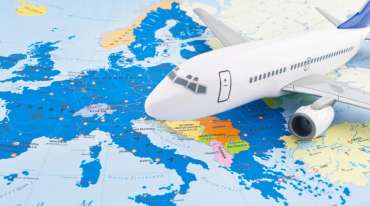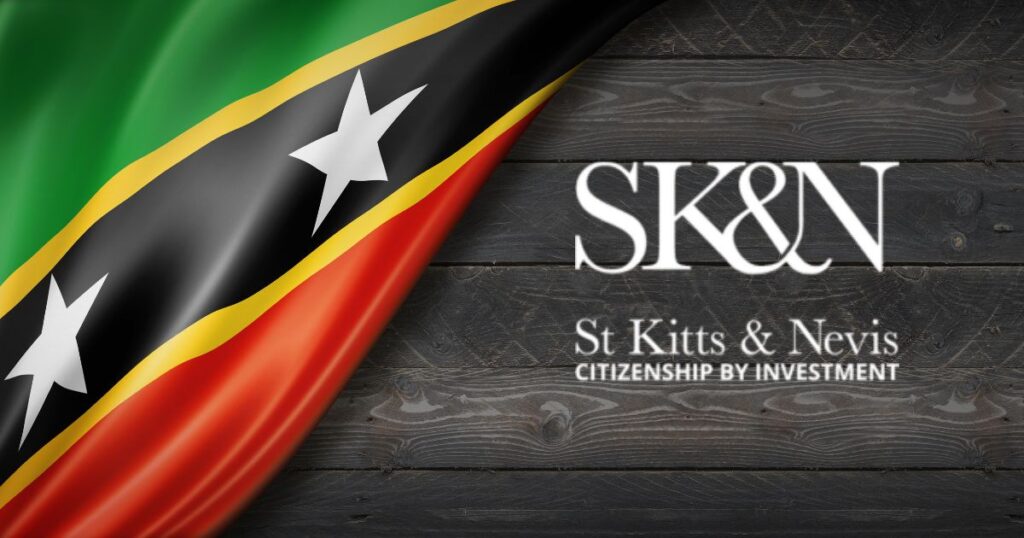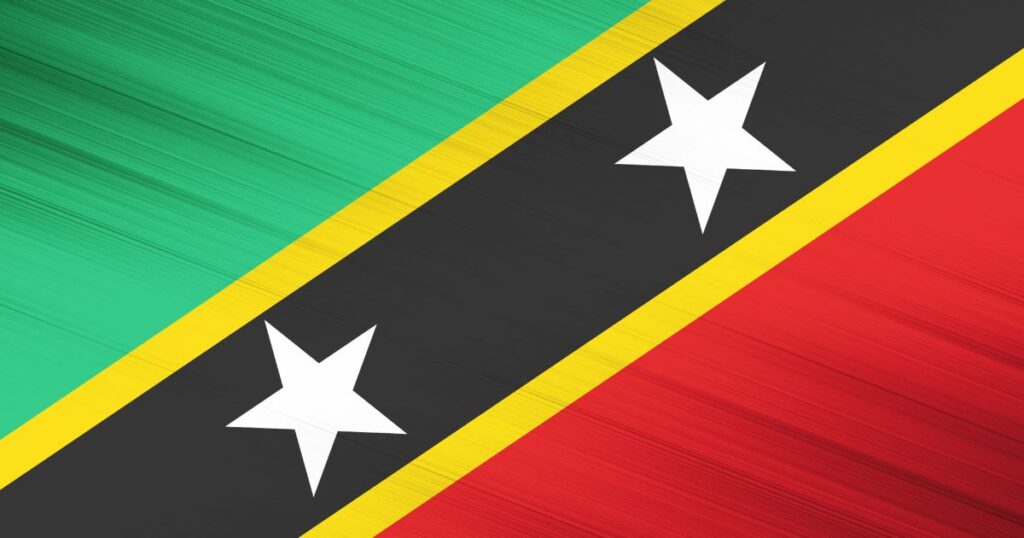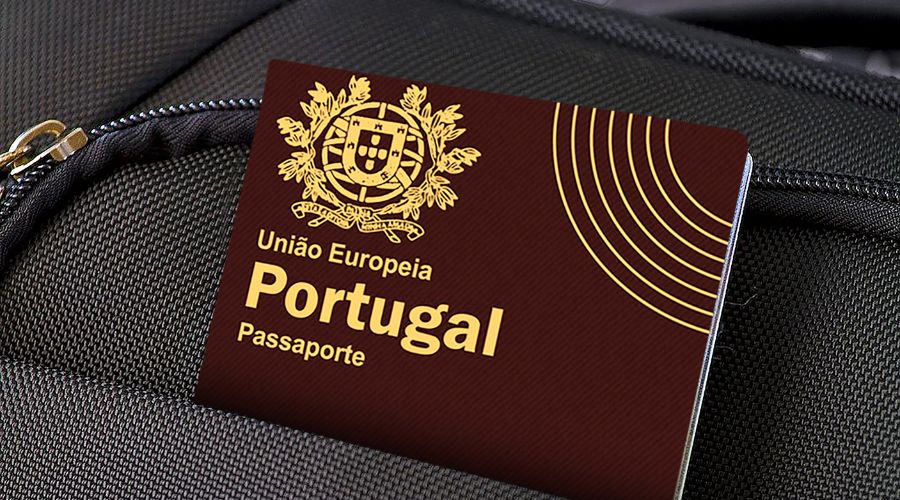Child birth in airplane is very rare because pregnant woman are rarely allowed to fly at all in their third trimester. Only 75 babies born in the past century of aviation history, according to rough estimates. Determining the nationality of the baby whose place of birth in an airplane or vessel is an important subject.
The Airborne citizenship can be defined as the birthright citizenship for children born on plane or carrier. While it is normal for the new born baby to inherit the citizenship of parents, it is also possible for the child to acquire supplemental “airplane” citizenship, based on the airspace owned by the state. If the birth happens in no territory, the nationality of vessel will take precedence. US, Canada and several other nations automatically grant citizenship to babies born in mid-flight above their sovereign territory which is covered by two international conventions.
- Under the 1944 Convention on International Civil Aviation, articles 17–21, all aircraft have the nationality of the state in which they are registered, and may not have multiple nationalities. The law of the aircraft’s nationality is applicable on the aircraft.
- Under the 1961 Convention on the Reduction of Statelessness, for the purposes of determining the obligations under the convention, a birth on a ship or aircraft in international waters or airspace shall be treated as a birth in the country of the ship or aircraft’s registration. However, the convention applies only to births where the child would otherwise be stateless.
United States
A child born on a plane in the United States or flying over its territory would automatically acquire United States citizenship at birth. A U.S.-registered aircraft outside U.S. airspace is not considered to be part of U.S. territory. A child born on such an aircraft outside U.S. airspace does not acquire U.S. citizenship by reason of the place of birth (State Department)
U.S. Customs and Border Protection (CBP) would require some documentation of the birth, generally an excerpt of the ship’s/aircraft’s medical log or master/captain’s log, reflecting the time, latitude, and longitude when the birth occurred.
US State Department guidance instructs that
- A child born in international waters should have their place of birth listed as “AT SEA”,
- A child born in flight in a region where no country claims sovereignty would list their place of birth as “IN THE AIR”
Canada
The internal waters of Canada determined under the Oceans Act and includes the airspace above and the bed and subsoil below those waters”. Therefore, children born in Canadian airspace, whether over Canadian waters or over Canadian land, are considered born in Canada, as are children born in Canadian waters.
Children born in Canadian airspace are automatically extended Canadian citizenship, but birth in or over international waters is assessed on a case-by-case basis. Various factors are assessed in determining citizenship at birth, parentage being the most important factor. But being born in a Canadian-registered vehicle would establish a connection with Canada which would probably be taken into account, if application was made to have the person declared a Canadian citizen.
United Kingdom
A child born in the UK to non-British parents may not automatically qualify for British Citizenship. British Citizenship at birth is only available to children with a parent who holds British Citizenship or settled status.
Unrestricted Birthright Citizenship
The following countries have unrestricted birthright citizenship for born in the territory or airspace: Antigua and Barbuda, Argentina, Barbados, Belize, Bolivia, Brazil, Canada, Chad, Child, Costa Rica, Cuba, Dominica, Ecuador, El Salvador, Fiji, Grenada, Guatemala, Guyana, Honduras, Jamaica, Lesotho, Mexico, Nicaragua, Panama, Paraguay, Peru, Saint Kitts and Nevis, Saint Lucia, Saint Vincent and the Grenadines, Tanzania, Trinidad and Tobago, Tuvalu, the United States, Uruguay, and Venezuela.





